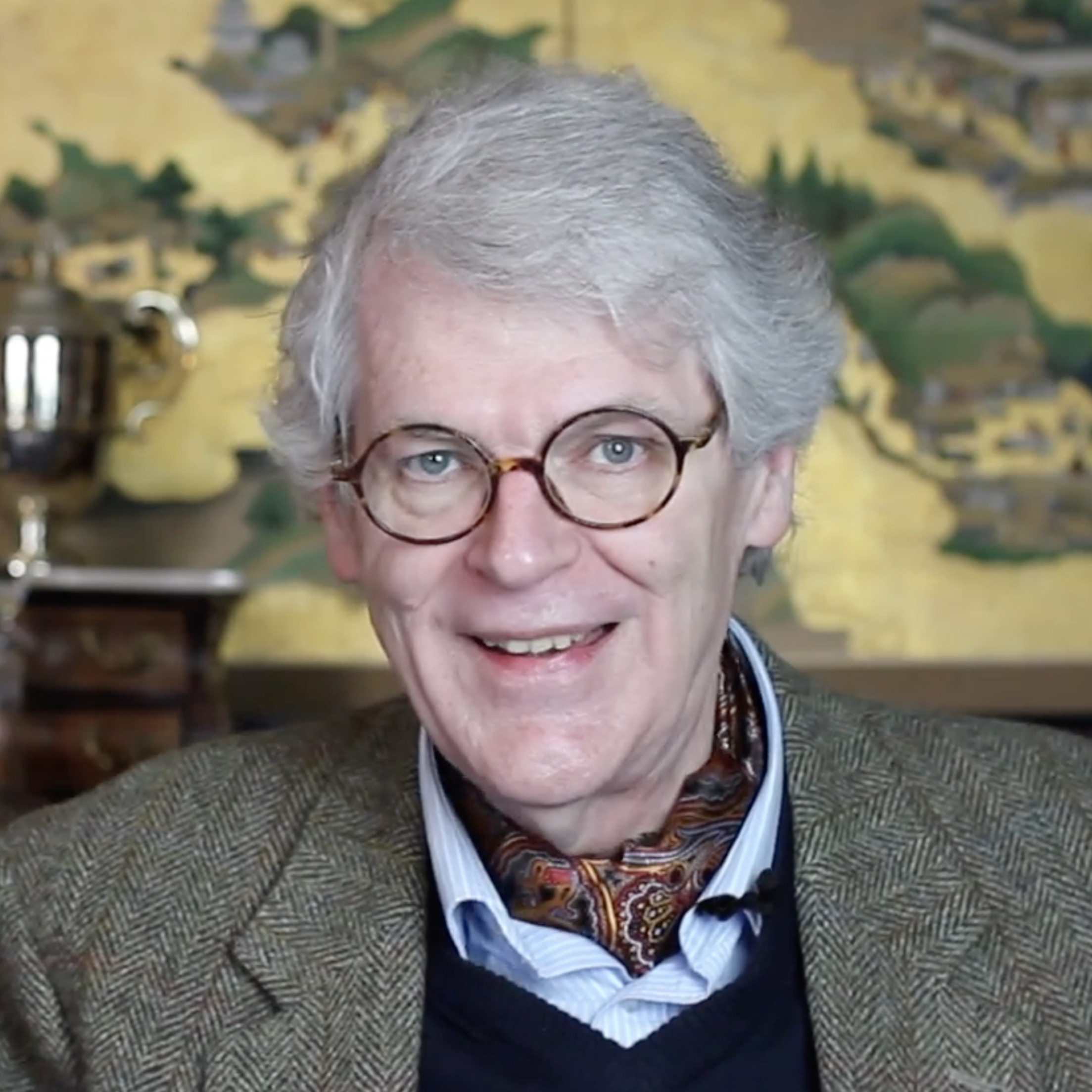You are not currently logged in. Please create an account or log in to view the full course.
The Pythagorean Cult
- About
- Transcript
- Cite
Pythagoras: The Real Story
In this course, Dr Piers Bursill-Hall (University of Cambridge) debunks the myths of Pythagoras and the Pythagorean theorem. In the first mini-lecture, we learn about the Pythagoreans, a religious cult supposedly following the teachings and beliefs of Pythagoras, a man who might not have existed. In the second mini-lecture, we continue to discuss the beliefs of the Pythagoreans, particularly their views on numerology. In the third mini-lecture, we consider ancient Babylonian tablets that depict use of the Pythagorean theorem as a way to debunk the myth that Pythagoras discovered and proved this theorem. The fourth mini-lecture presents a visual, geometric proof of the Pythagorean theorem that was first presented in the 7th century by Brahmagupta, an Indian mathematician. In the fifth mini-lecture, we explore the Tunnel of Eupalinos, which was dug under Mt. Kastro on the island of Samos, Greece around 600 BC and is an excellent example of the use of geometries related to the Pythagorean theorem long before Pythagoras. In the sixth mini-lecture, we learn that the ancient Greeks thought about numbers as ratios, not as numbers on a number line, and that this thinking would not have allowed them to discover rational numbers in the 5th century BC. In the seventh mini-lecture, we summarise what we have learned in this course and learn why we are still told the wrong story about Pythagoras.
The Pythagorean Cult
In this course, we learn about the Pythagoreans, a religious cult following the teachings and beliefs of Pythagoras, a man who we do not know much about. In particular, we consider: (i) Pythagoras — who he is and how there is very little evidence of his existence; (ii) how Pythagoras was more of legendary figure who possibly lived on a Greek island around 550 BC and was part of a cult, orphic religion known as the Pythagoreans; (iii) how although the Pythagorean cult-like community disappeared around 480-460 BC, its ideas continued to be talked about; (iv) some Pythagorean beliefs, including those involving religion (single, regenerating divinity plus other divinities that run the world), the solar system, and the spiritual power of numbers; and (v) their ideas of numerology, where they associated order, coherence, and the male to the number one, and associated disorder, confusion, and the female to the number two, while the number three represented justice and reproduction.
Cite this Lecture
APA style
Bursill-Hall, P. (2022, August 30). Pythagoras: The Real Story - The Pythagorean Cult [Video]. MASSOLIT. https://massolit.io/courses/pythagoras-the-real-story
MLA style
Bursill-Hall, P. "Pythagoras: The Real Story – The Pythagorean Cult." MASSOLIT, uploaded by MASSOLIT, 30 Aug 2022, https://massolit.io/courses/pythagoras-the-real-story

